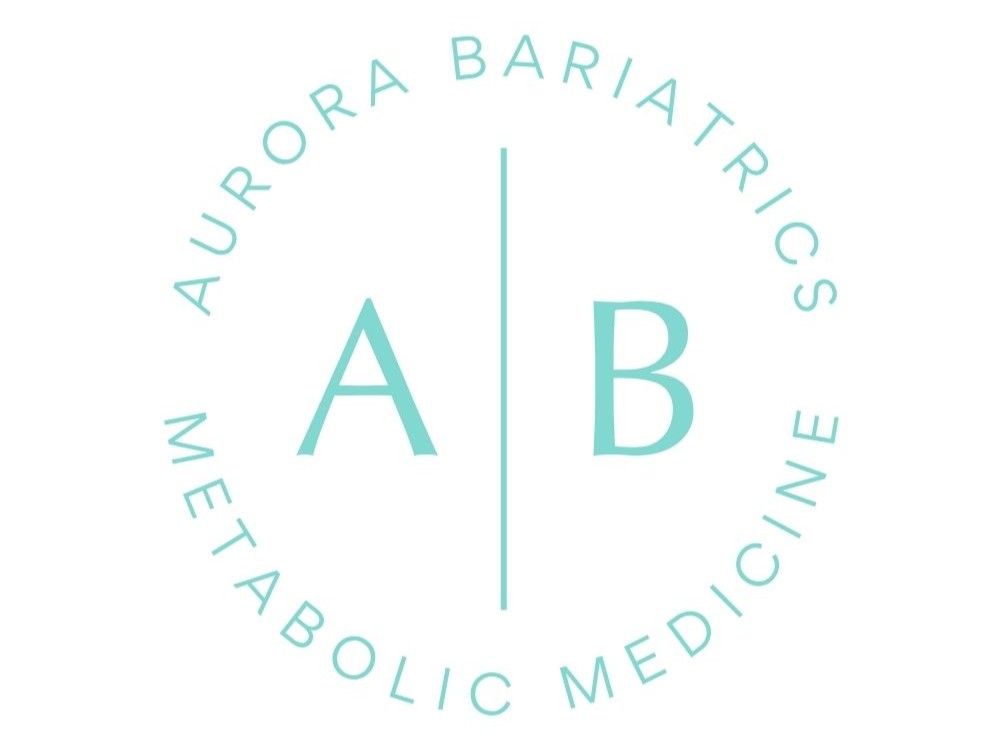
If you’ve ever felt like you’ve tried everything to lose weight — endless diets, daily exercise, cutting out favourite foods — only to see little or no change, you’re not alone. Many people living with obesity share the same experience, and it can feel deeply frustrating.
The truth is, weight loss isn’t just about “eating less and moving more.” For many people, the body itself puts up barriers that make long-term weight loss extremely difficult.
Let’s break down why this happens — and what options may help.
The Hidden Challenge: Metabolic Resistance
Your body is designed for survival. When it senses you’re eating less, it adapts by slowing down your metabolism — meaning you burn fewer calories at rest. This is sometimes called metabolic resistance.
What does it feel like?
- You’re eating less and exercising more, but the scales don’t move.
- You lose a few kilos, only to regain them quickly.
- You constantly feel tired, drained, or hungry from restrictive diets.
This isn’t a sign of failure. It’s a sign your body is working against you.
Hormones and Weight: It’s Not Just Willpower
Hormones play a powerful role in regulating weight. Conditions such as insulin resistance, PCOS (polycystic ovarian syndrome), and thyroid issues can affect how your body stores fat and how hungry you feel.
For example:
- Insulin resistance makes it harder for your body to use sugar for energy, leading to fat storage and constant hunger.
- Leptin and ghrelin (the “hunger hormones”) can increase after dieting, making you feel hungrier than before.
- Sex hormones like oestrogen and testosterone also influence weight, particularly around menopause or after pregnancy.
When hormones are out of balance, willpower alone isn’t enough.
Why Diet and Exercise Alone Often Aren’t Enough
Many people are told to simply “try harder” — but if you’ve been through this cycle, you know it’s rarely that simple.
Constant dieting can:
- Slow your metabolism further.
- Lead to food obsession or binge–restrict cycles.
- Leave you exhausted, anxious, or socially isolated.
This is why long-term weight management often requires more than lifestyle changes alone.
Where Medical Support Can Help
At Aurora Bariatrics, we understand that obesity is a chronic, complex health condition — not a failure of discipline. That’s why treatment may include medical support in addition to lifestyle strategies.
Options can include:
- Metabolic medicine: Medical assessment and care to address hormonal and metabolic factors affecting weight.
- Weight loss medications: In some cases, medication may be recommended to help manage appetite and metabolism.
- Bariatric surgery: Surgery is one treatment option that may support improvements in metabolic health, including blood sugar, blood pressure, cholesterol, sleep, and energy. Surgery is not a quick fix, but when combined with long-term support, it can be an effective tool for some people.
Every person’s journey is different, and outcomes vary — but with the right support, it is possible to address the underlying barriers to weight loss.
Finding a Way Forward
If you’re feeling frustrated after years of trying without lasting success, know this: your struggle is not just about willpower. Metabolism, hormones, and biology all play a role in making weight loss difficult.
At Aurora Bariatrics, we provide a holistic approach — combining surgery, metabolic medicine, and long-term aftercare — to support patients in managing their health into the future.
👉 If you’re ready to explore your options, book a consultation with our team today.


